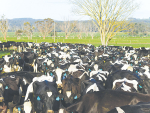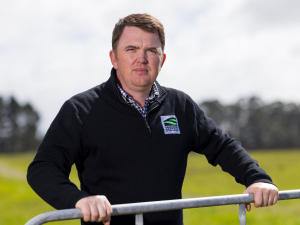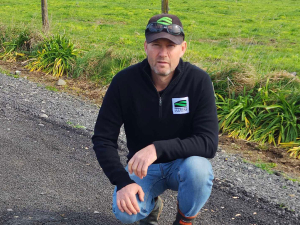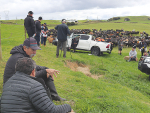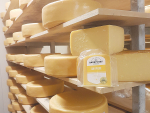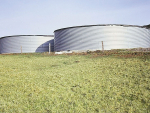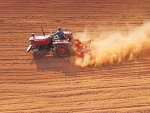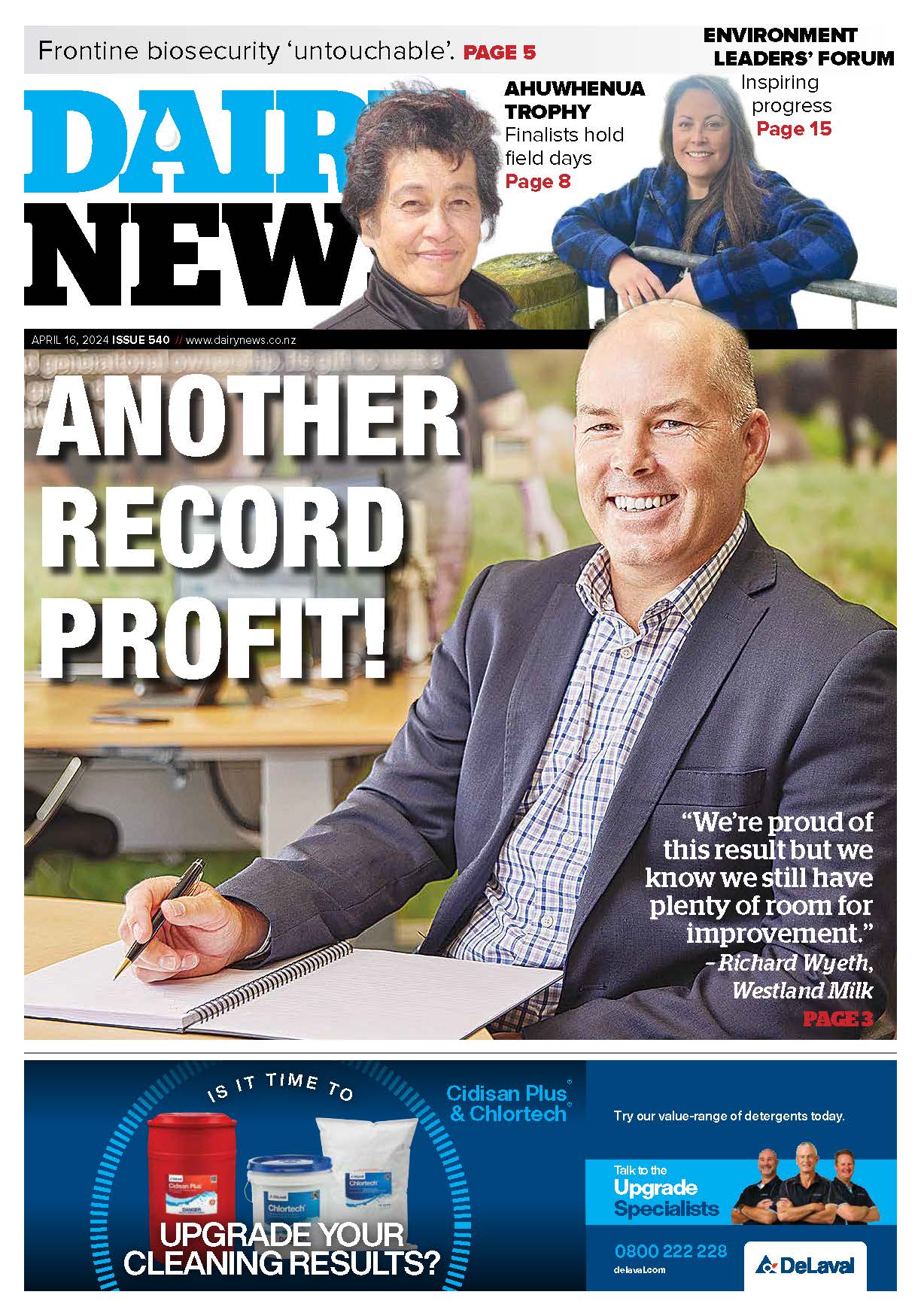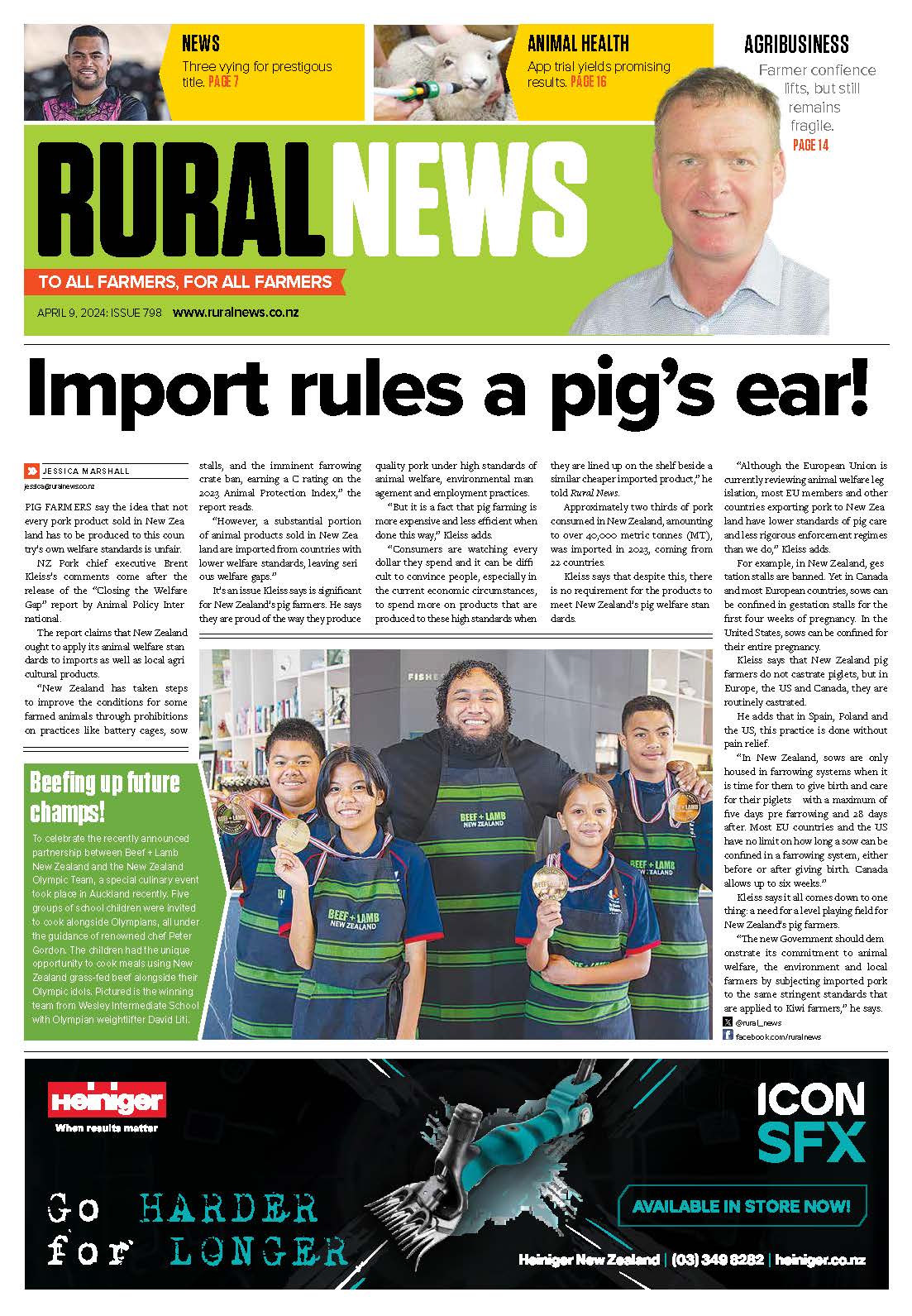Building an Australian dairy industry that is sustainable and profitable should assure long-term success, says Dairy Australia chair Geoff Akers.
He was speaking at the launch of the ‘Sustainable Farm Profitability 2015’ report in Victoria this month.
The report is a tactical and strategic management guide to enabling dairy farmers to make ‘more money from milk, than milk from money’, Akers says.
“It defines what ‘profit’ means and gives advice on how farmers can make their businesses more successful – as shown by practical examples from data provided by farmers and experts.”
For ten years Australian dairy farmers’ profits have been under pressure. Except for Tasmania, the industry has not consistently grown.
Yet better-performing dairy farms in all regions have profited, making as much or more money than other farming sectors and many other industries.
Australian dairying goes on in all sorts of climate zones: subtropical Queensland and Northern NSW; temperate, oceanic ‘cold’ Tasmania and Southern Victoria; and the inland river regions of Northern Victoria and southern/central NSW with a more continental weather pattern.
Production systems can range from mostly (>85%) grazed pasture to full confinement/zero grazing. And there is a variety of milk processor pay structures and seasonal price incentives.
As a result, there is no single silver bullet that ensures profitability, says Dairy Australia. But though sustaining farm profits long term may be challenging, it can be done.
Australian Dairy Industry Council chairman Noel Campbell says profit does not depend entirely on expansion and size – especially not if expanding means spending more to increase output.
The report recognises that dairy farms are much more successful when farmers manage well across the board, balancing technical and financial skills so as to allow business to flourish and better mitigate risks.
State politicians and Federal Minister for Agriculture Barnaby Joyce endorsed the industry’s initiative.
Said Joyce, “With volumes and values of global dairy trade expected to grow, driven by increasing demand, our opportunities in overseas markets will depend on doing what we’ve always done well – but more effectively.
“Dairy producers looking to build their farming and business management skills and identify opportunities to improve their on-farm business operations will find advice and ideas here,” he added.
What farmers can’t control
Macro effects farmers mostly cannot control:
- Weather: prolonged, severe drought, floods, cyclones, heat waves and bushfires.
- Milk and input price volatility, particularly after 2006.
- Finance costs and fluctuations in asset values.
- Government policy, e.g. Murray Darling basin water policy, and the carbon price.
- Economic shocks, especially the global financial crisis effects on farmgate milk prices and land values.
- Milk processors’ pricing structures and strategies.
- Retail milk pricing and discounting strategies.







